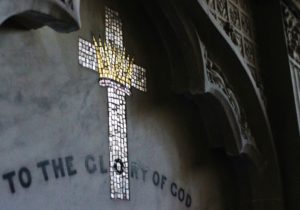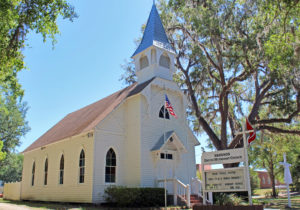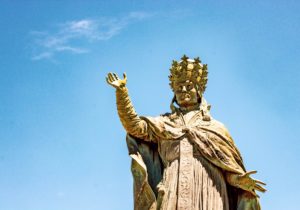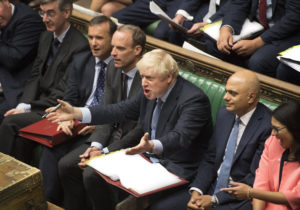Day 11: Sitting in Darkness, Blogging the Light
If we leave religion out of our national conversation, we end up with a vapid conversation that doesn’t address the deepest realities that move most of the people in this country.
Walter Russell MeadJanuary 4, 2021
The Political Idols of Our Age: A Review of David Koyzis’ Political Visions and Illusions
Hopefully, with the latest edition of “Political Visions and Illusions,” David Koyzis’ work will no longer be hidden underneath a bushel, but instead, its brilliance will reach a wider audience.
Matthew NgNovember 20, 2020
The Christian’s Cause
John C. Bennett, who co-founded “Christianity and Crisis” with Reinhold Niebuhr, said that “Christians cannot identify the Kingdom of God, or their cause, in an absolute way with any human program.” So what should their cause be? He elaborated 75 years ago.
Christianity & Crisis Magazine & John C. BennettNovember 12, 2020
An Incomplete Guide for Christian Political Engagement: Review of Eugene Cho’s Thou Shalt Not Be a Jerk
Eugene Cho’s “Thou Shalt Not Be A Jerk” has major shortcomings as an introduction to political engagement, even as it has significant contributions to make in coaxing believers to be more self-reflective about whether they are more loyal to their chosen political party than God’s Word.
Matthew ArildsenOctober 29, 2020
Revisiting the Theology of Exploration in Times of Disorder
What may come as a surprise to those of us who have learned about the great victory of America winning the space race is that the race was won amid critical bombardment about the money being spent and the rationale behind space exploration.
Stephen D. PerrySeptember 22, 2020
To Renew a People: A Wesleyan Political Theology
John Wesley’s basic Augustinianism created a nonconformist populism that was intent on renewing the people. While Wesleyanism did not always live up to its core commitments, the heart of its political theology resides in a fusion of Wesleyan Augustinianism with nonconformist populism.
Dale M. CoulterSeptember 15, 2020
Catholic Integralism Should Not Be Dismissed
Rather than taking each other’s strongest arguments, people arguing over Catholic Integralism often defeat straw men or completely dodge arguments. This does not advance the conversation so that learning and mutual edification may occur.
Daniel StrandJuly 10, 2020
Abraham Kuyper among the Nations
We have an introductory, if provisional, picture of anti-Revolutionary foreign policy and Abraham Kuyper’s platform coming into the highest political office in the Netherlands in the early twentieth century. How did this platform fair? What “necessary adjustments” (as Kuyper called them) did he need to make between his Calvinistic international theory and the actual work of foreign policy?
Robert JoustraMay 15, 2020
Brexit and the European Union’s Overlooked Ingredient: Review of Mark Royce’s The Political Theology of European Integration
In The Political Theology of European Integration, Mark Royce corrects the political science discourse by explaining how political theology can affect international relations.
Mark MeltonDecember 11, 2019










 Sponsor a student for Christianity & National Security 2024
Sponsor a student for Christianity & National Security 2024